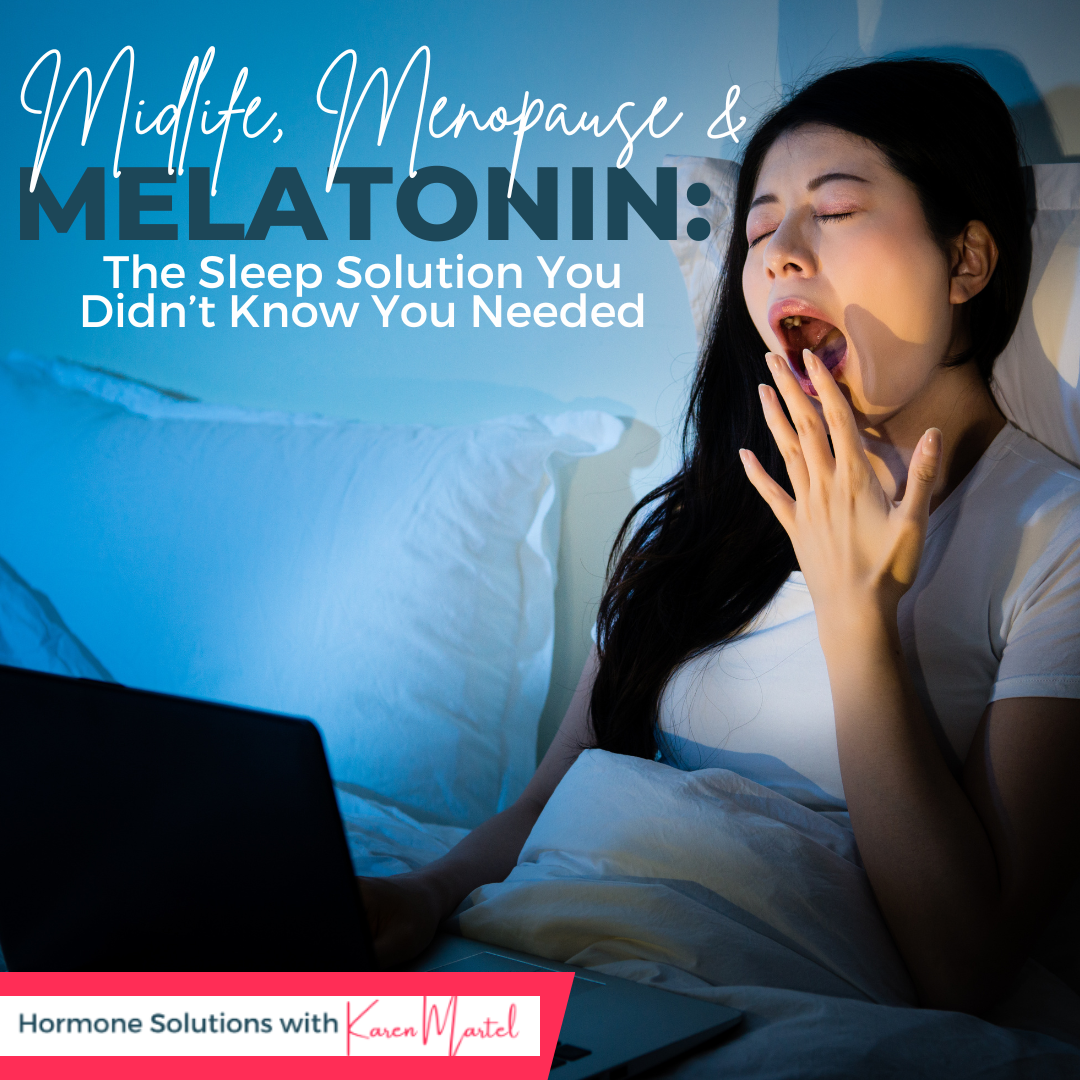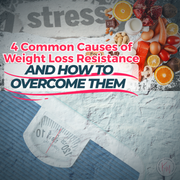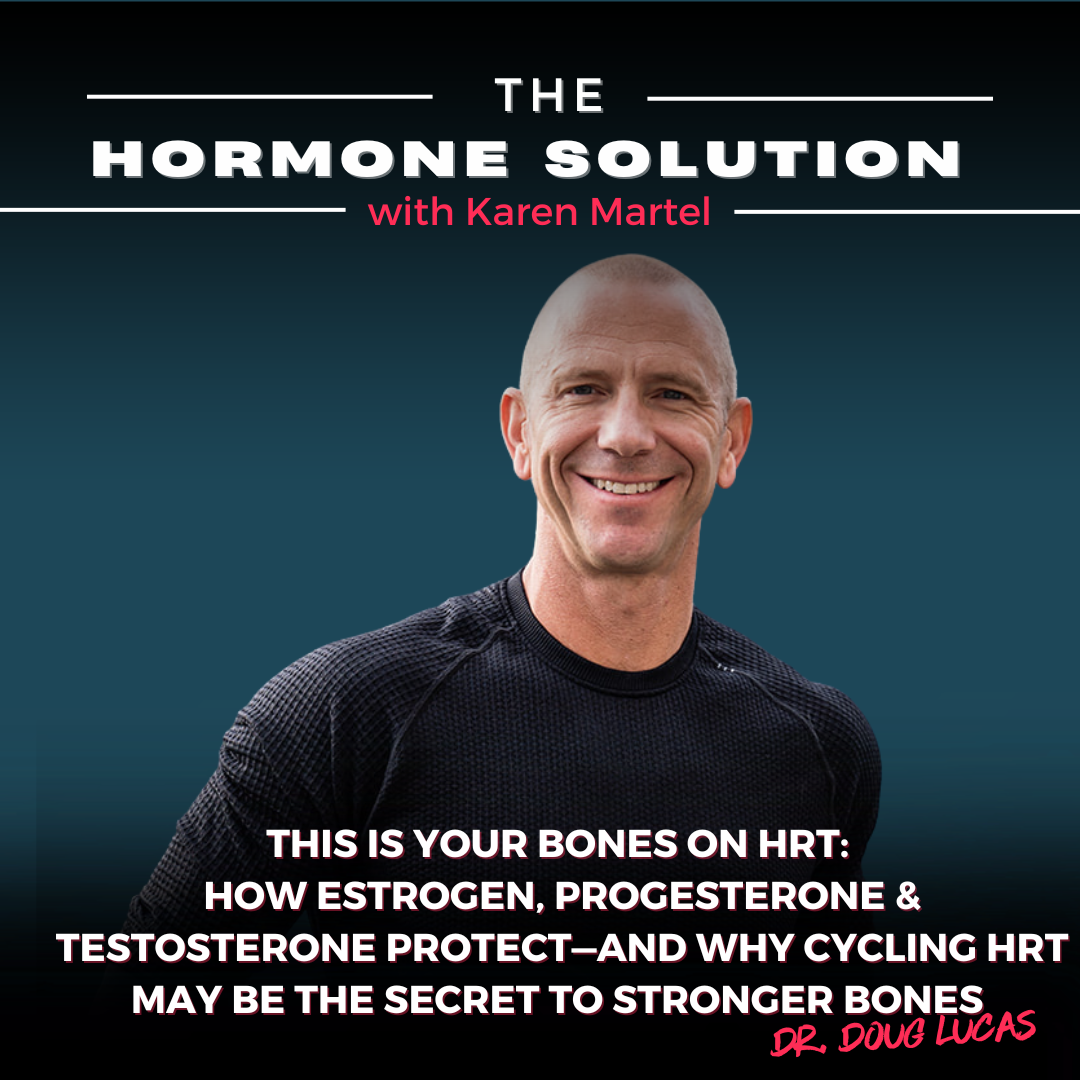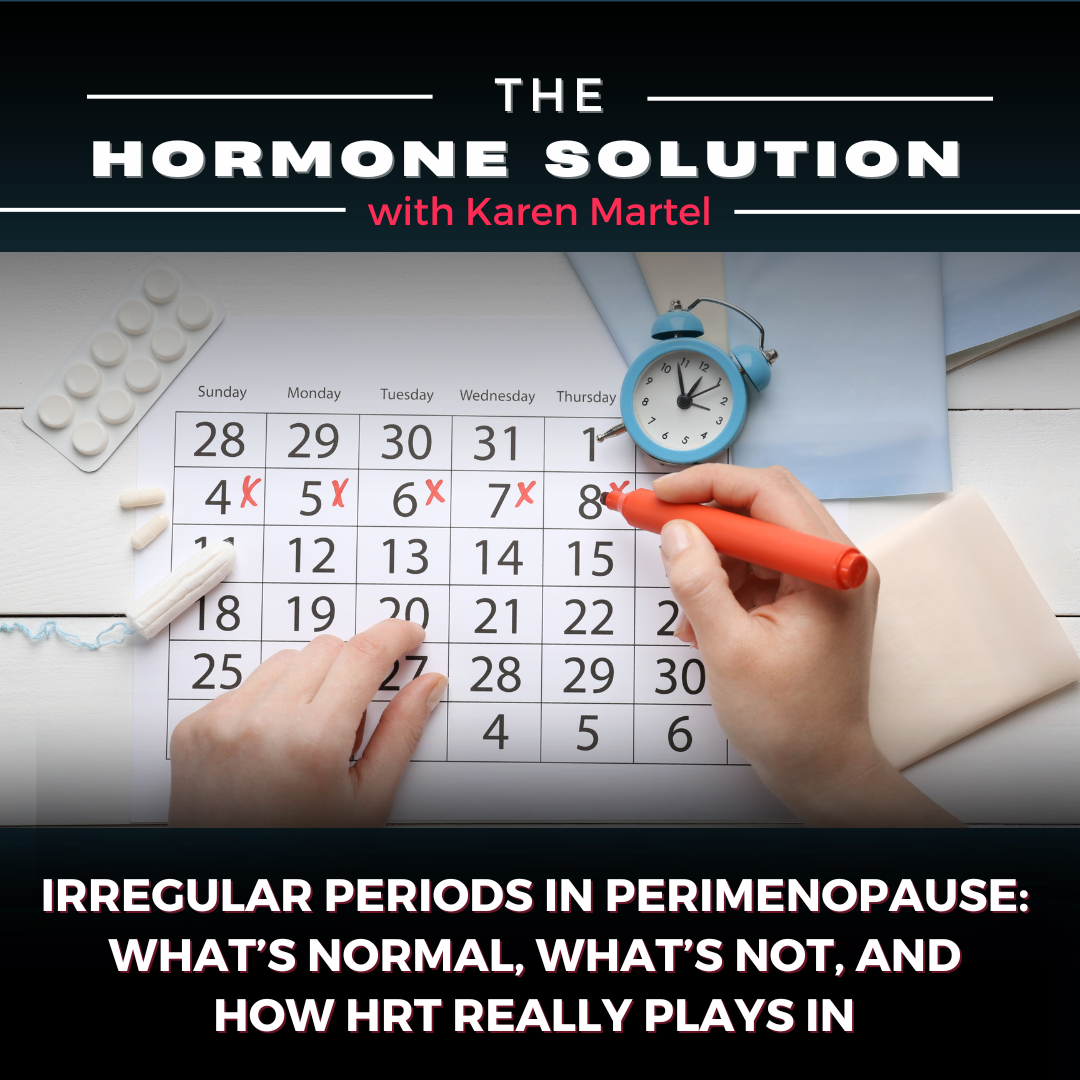
Midlife, Menopause & Melatonin: The Sleep Solution You Didn’t Know You Needed
Struggling to sleep in midlife or menopause? You might be wondering—could melatonin be the solution?Let's break it down. Menopause typically hits around 50 when your periods stop because your ovaries run out of eggs. Meanwhile, midlife—also known as perimenopause, that fun middle stretch of life—can span anywhere from 35 to 55, depending on your unique body.Back in our 30s, we're usually at our strongest and sharpest. But as we move through midlife, things like muscle mass, bone density, and cognitive speed start to decline. Unfortunately, our solid sleep patterns tend to take a hit too.
For many, sleep is good until midlife hits—then it becomes a real struggle. Between career stress, aging bodies, and menopause (hello, hot flashes!), sleep can feel elusive.
So, what about melatonin? It's a small hormone molecule that helps regulate your internal clock, rising when it’s time for sleep and suppressed by bright lights. But as we age, melatonin levels drop—and that’s where midlife sleep issues come in.
Melatonin and Aging Studies consistently show that melatonin production decreases as we age, which can ripple through our overall health, not just sleep quality. Here’s a breakdown of what the research says about melatonin depletion with age:
1. Decreased Pineal Gland Function: The pineal gland, which produces melatonin, becomes less efficient as we get older. Studies show a marked reduction in nighttime melatonin levels in older adults compared to younger individuals. This decline is believed to start around middle age and becomes more significant after the age of 60.
2. Impact on Sleep Quality: Lower melatonin levels in older adults contribute to difficulty falling asleep, staying asleep, and achieving deep, restorative sleep. Poor sleep has cascading effects on cognitive function, mood, and overall health.
3. Cognitive Decline: Reduced melatonin levels are also associated with cognitive decline. Studies suggest the hormone plays a neuroprotective role, and lower melatonin levels may correlate with an increased risk of neurodegenerative diseases like Alzheimer's.
4. Immune System and Aging: Melatonin helps regulate the immune system, and as it decreases with age, the immune response can become less effective. Some studies suggest melatonin depletion may contribute to age-related immune decline, making older adults more susceptible to infections and inflammatory diseases.
5. Oxidative Stress and Aging: Melatonin’s antioxidant properties diminish with age. This decline can lead to increased oxidative stress, which is linked to faster aging and the development of chronic conditions like cardiovascular disease, diabetes, and cancer.
6. Hormonal Imbalance: Melatonin interacts with other hormones, and its depletion can disrupt hormonal balance, particularly in post-menopausal women. Low melatonin levels may also contribute to increased cortisol (the stress hormone), making it harder for older adults to manage stress effectively.
7. Circadian Rhythm Disruption: As melatonin levels drop, circadian rhythms—the body's internal clock—can become disrupted, leading to irregular sleep patterns. This may also contribute to "sundowning" in people with dementia, where confusion and agitation worsen in the late afternoon or evening.
Beyond Sleep: The Benefits of Melatonin Melatonin is often known as the "sleep hormone" but it has a range of benefits beyond
regulating sleep. Here are some lesser-known perks:
- Antioxidant Power: Melatonin acts as a powerful antioxidant, helping to neutralize free radicals and reduce oxidative stress, which is linked to aging and chronic diseases.
- Immune Support: It boosts the immune system by enhancing the body's defense mechanisms, helping fend off infections and potentially improving resilience against certain diseases.
- Anti-Inflammatory Effects: Melatonin has anti-inflammatory properties, which can be beneficial for conditions like arthritis, cardiovascular issues, and even inflammatory bowel disease.
- Gut Health: Melatonin is produced in the gut and helps regulate digestive functions, reduce acid reflux, and support the balance of gut flora, aiding overall digestive health.
- Mood Regulation: Evidence suggests melatonin may help with mood disorders, such as depression or anxiety, by regulating neurotransmitters and reducing oxidative stress in the brain.
- Hormonal Health: Melatonin has been linked to reproductive health, influencing the regulation of hormones like estrogen and progesterone. It may support better hormonal balance in women, especially regarding menstrual cycles or menopausal symptoms.
- Eye Health: Melatonin may protect against age-related eye conditions like macular degeneration by reducing oxidative damage to retinal cells.
Does Melatonin Help with Menopause-Related Sleep Problems? The answer is: maybe! A study published in Sleep Science found that women who took 3 mg of
melatonin before bed reported better sleep, fewer hot flashes, and improved psychological well-being. It seems that melatonin helped—but so could the sleep improvements. Side effects were minimal, mostly nausea and headaches, but both the placebo and melatonin groups experienced similar symptoms.
As for long-term safety? It appears that melatonin is not addictive, and higher doses aren’t necessarily better. The main issue is quality—what you buy might not match the label. A study found that many melatonin supplements contained inaccurate amounts or even serotonin, which can be harmful.
What Should You Do? First, talk to your healthcare provider to ensure it’s safe for you. Look for a USP-verified label to ensure you’re getting a product that’s been at least somewhat tested.
And here’s a fun fact—certain foods are naturally high in melatonin! Mushrooms, pistachios, and sprouted seeds like lentils pack a good punch. Try a dinner salad full of these for a natural boost before bed.
On top of that, sleep experts suggest other behavioral approaches: bright light in the morning, daily exercise, no caffeine after noon, and limiting alcohol. And of course—you know the drill—no screens before bed to let your melatonin do its thing.
At the end of the day, studies suggest that low-dose melatonin can help midlife women
struggling with sleep. If you’re tired of tossing and turning, it might be worth giving it a try.
Sweet dreams!

Find Karen Martel on Apply Podcast
Karen Martel is a Certified Hormone Specialist and Transformational Nutrition Coach dedicated to empowering women through their health journeys.
As the host of the popular podcast The Hormone Solution, Karen tackles the complexities of hormonal health, weight loss resistance, and the challenges that come with perimenopause and menopause.
Her mission is to disrupt outdated narratives surrounding women's health, providing reliable information and practical solutions that help women reclaim their vitality.
Tune in to discover how to embrace life's stages while enhancing overall well-being.





